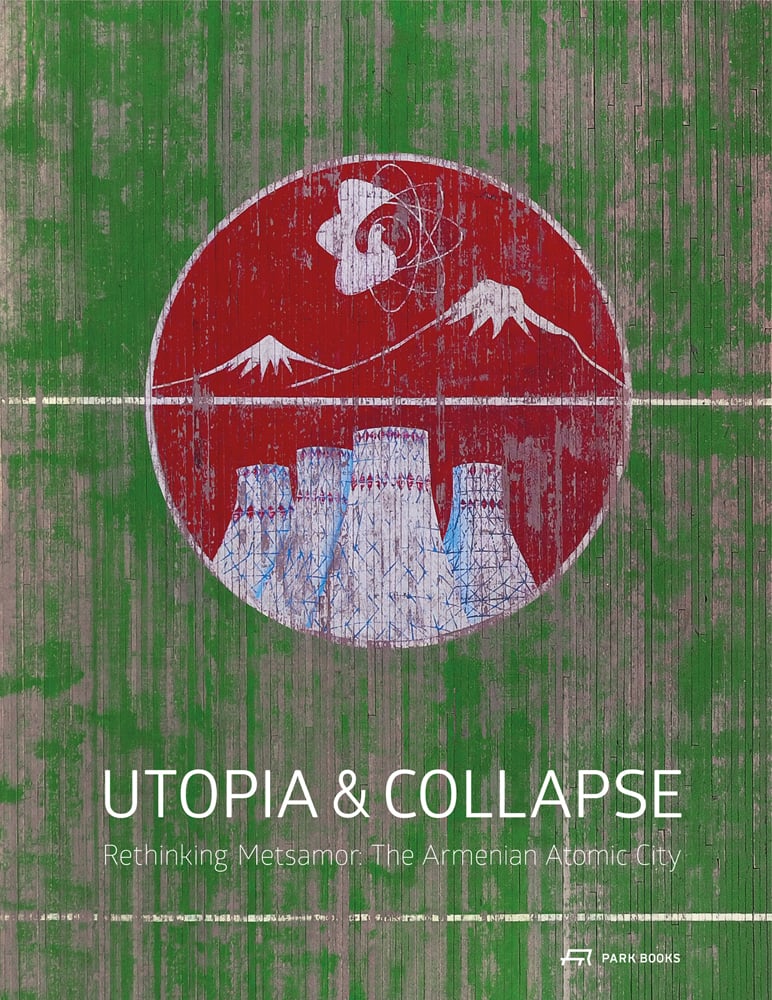

When did he die.” As Kapur writes, “This father is starved for the most basic information.” After John’s death, his 80-year-old father scribbles on a letter his questions: “1. As do those they left behind, whose grief one suspects no amount of investigation and explanation will completely dispel. He has been born with everything, Kapur makes clear, except a calling.īut ultimately neither Diane’s faith nor John’s privilege was enough to save them, and they seem most deserving of compassion. His respites from the grinding conditions of Auroville in its early years find him at the Dakota apartments in Manhattan, attending parties with John Lennon and Yoko Ono, or in the wealthy enclave of Fishers Island. Or perhaps it is because of the milieu into which he was born: His father was the first curator of the National Gallery, and he was descended on his mother’s side from both Mary, Queen of Scots, and Thomas More (“the patron saint of utopia,” as Kapur notes). Perhaps this is because of the extensive correspondence between him and his family, provided by John’s sister, Gillian, who years later still feels “incandescent rage” at how her brother died. Kapur braids the biographies of Diane, a woman of great beauty and perhaps too-great faith, and John, the privileged, cultured scion of an East Coast family, with that of Bernard Enginger, or Satprem, the Frenchman who takes the Mother’s beliefs to extremes - and exhibits extreme indifference to the suffering that results.ĭiane is in many ways the heart of the story, yet it is John who is more vivid on the page. They leave behind a 14-year-old girl named Auralice, who years later will become Kapur’s wife. Diane Maes and John Walker will die, after prolonged agony, within a day of each other, she at 36, he at 44. This certainty will lead him, many years later, to guide the lives of two foreigners living in Auroville - a Belgian woman and an American man - down a dangerous and ultimately fatal path. The burial has interrupted Mother’s transformation, or so the Frenchman believes. For according to the belief system first developed by her sage, Sri Aurobindo, human beings are capable of willing themselves to a new stage of evolution, transcending the body to become a supramental being. Or does she? Her burial inflicts deep trauma on the Frenchman, who has become her most devoted acolyte. The Mother, as everyone calls the Frenchwoman, dies a few years later. Meanwhile a group of mostly Western pioneers move out to the plateau, planting seeds in its dry red earth. Auroville will belong to no nation, will elevate the spiritual over the material and will be a place of “concord and harmony.” A French architect draws up a master plan, which includes at its center a giant sphere covered with gold disks. When he dies, she takes over and in her 80s conceives of an experimental township, to be constructed on a barren plateau nearby.

A Frenchwoman bonds with a yogi in the southern Indian city of Pondicherry and begins administering his ashram. Like much of reality, the story Kapur tells sounds almost too implausible to be true. Kapur decides (with his wife’s help, though she is not credited as an author) to excavate the past. There her parents’ fates have been transmuted into a mix of legend, theory and gossip, even as their bodies lie in unmarked graves. The murky circumstances of their deaths shadow Kapur’s marriage, all the more when he and Auralice move back to Auroville in 2004. Kapur’s main subject is Auroville, a 53-year-old intentional community in southern India where both he and his wife, Auralice, were raised, and where, in 1986, her mother and adoptive father died. Utopia’s finest hour, Akash Kapur writes in “Better to Have Gone,” is the very beginning, “when the dream remains unsullied.” The phrase has the ring of preordainment: From the heights of a vision, there is nowhere to go but down.Īs it does - viciously then tragically - in his memoir, which is also a group biography, the investigation of a mystery, a meditation on searching and faith, and an act of love. BETTER TO HAVE GONE Love, Death, and the Quest for Utopia in Auroville By Akash Kapur


 0 kommentar(er)
0 kommentar(er)
